Trained dogs might be able to detect people infected with COVID-19 by sniffing their sweat, according to a preliminary proof-of-concept study.
This proof-of-concept study was conducted to evaluate if trained sniffer dogs could distinguish between sweat samples from symptomatic COVID-19 positive individuals (SARS-CoV-2 PCR positive) and those from asymptomatic COVID-19 negative individuals.
Two sites (Paris, France, and Beirut, Lebanon) conducted the testing, with each following the same training and testing protocols. A total of six sniffer dogs were involved in the testing: three explosive detection dogs, two colon cancer detection dogs, and one search and rescue dog.
177 people were recruited for the study from five different hospitals. 95 of the individuals were symptomatic COVID-19 positive and 82 were asymptomatic COVID-19 negative. A sweat sample was collected from one underarm of each individual.
Dog training sessions lasted between one and three weeks. Once trained, the dog had to mark the COVID-19 positive sample randomly placed behind one of three or four olfactory cones (the other cones contained at least one COVID-19 negative sample and between zero and two mocks). During the testing session, a COVID-19 positive sample could be used up to a maximum of three times for one dog. Both the dog and its handler were blinded to the COVID-positive sample location.
The success rate per dog (i.e., the number of correct indications divided by the number of trials) ranged from 76% to 100%. The lower bound of the 95% confidence interval of the estimated success rate was most of the time higher than the success rate obtained by chance after removing the number of mocks from calculations.
These results provide some evidence that detection dogs may be able to discriminate between sweat samples from symptomatic COVID-19 individuals and those from asymptomatic COVID-19 negative individuals. However, due to the limitations of this proof-of-concept study (including using some COVID-19 samples more than once and potential confounding biases), these results must be confirmed in validation studies.
Reference: “Can the detection dog alert on COVID-19 positive persons by sniffing axillary sweat samples? A proof-of-concept study” by Dominique Grandjean, Riad Sarkis, Clothilde Lecoq-Julien, Aymeric Benard, Vinciane Roger, Eric Levesque, Eric Bernes-Luciani, Bruno Maestracci, Pascal Morvan, Eric Gully, David Berceau-Falancourt, Pierre Haufstater, Gregory Herin, Joaquin Cabrera, Quentin Muzzin, Capucine Gallet, Hélène Bacqué, Jean-Marie Broc, Leo Thomas, Anthony Lichaa, Georges Moujaes, Michele Saliba, Aurore Kuhn, Mathilde Galey, Benoit Berthail, Lucien Lapeyre, Anthoni Capelli, Steevens Renault, Karim Bachir, Anthony Kovinger, Eric Comas, Aymeric Stainmesse, Erwan Etienne, Sébastien Voeltzel, Sofiane Mansouri, Marlène Berceau-Falancourt, Aimé Dami, Lary Charlet, Eric Ruau, Mario Issa, Carine Grenet, Christophe Billy, Jean-Pierre Tourtier and Loïc Desquilbet, 10 December 2020, PLOS ONE.
DOI: 10.1371/journal.pone.0243122
Funding: DiagNose, Cynopro Detection Dogs volunteered their dogs to participate to the study without any financial request. DiagNose, Cynopro Detection Dogs provided support in the form of salaries for authors [PM, MBF, AC, SR, KB], but did not have any additional role in the study design, data collection and analysis, decision to publish, or preparation of the manuscript. Additionally, ICTS Europe, Biodesiv SAS, and Mario K9 also provided support in the form of salaries for authors [PM, GH, MI], but did not have any additional role in the study design, data collection, and analysis, decision to publish, or preparation of the manuscript. The specific roles of these authors are articulated in the ‘author contributions’ section.
Competing Interests: DiagNose, Cynopro Detection Dogs, ICTS Europe, Biodesiv SAS, and Mario K9 provided support in the form of salaries for authors. This does not alter our adherence to PLOS ONE policies on sharing data and materials. There are no patents, products in development or marketed products associated with this research to declare.

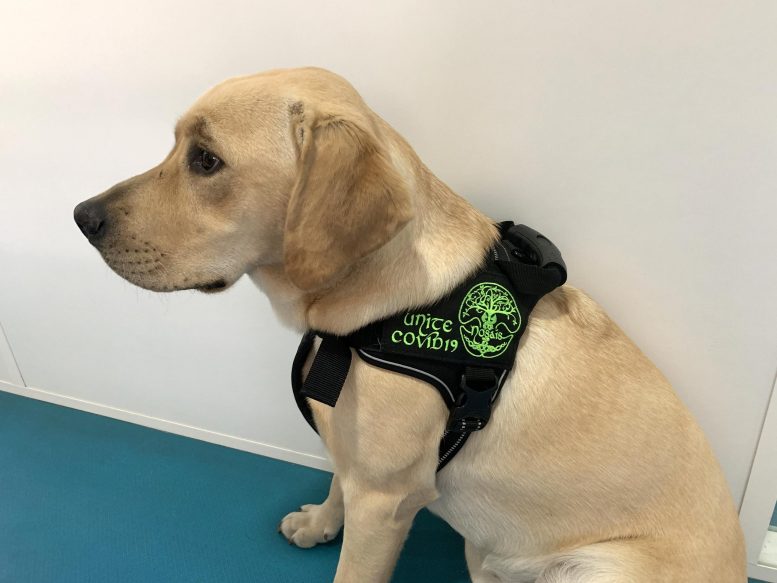
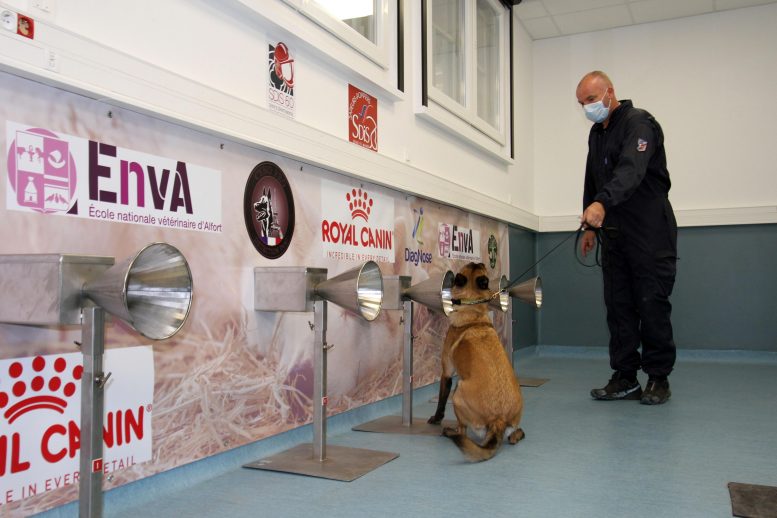
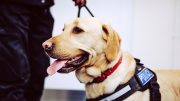

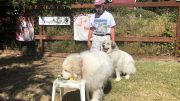
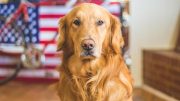

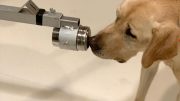
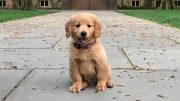

Hey Everyone i was going through sites and found this amazing Online dog Training Course : https://igli.me/dog-training
Do check this out, its amazing i loved it and it helped alot
The virus is a hoax!